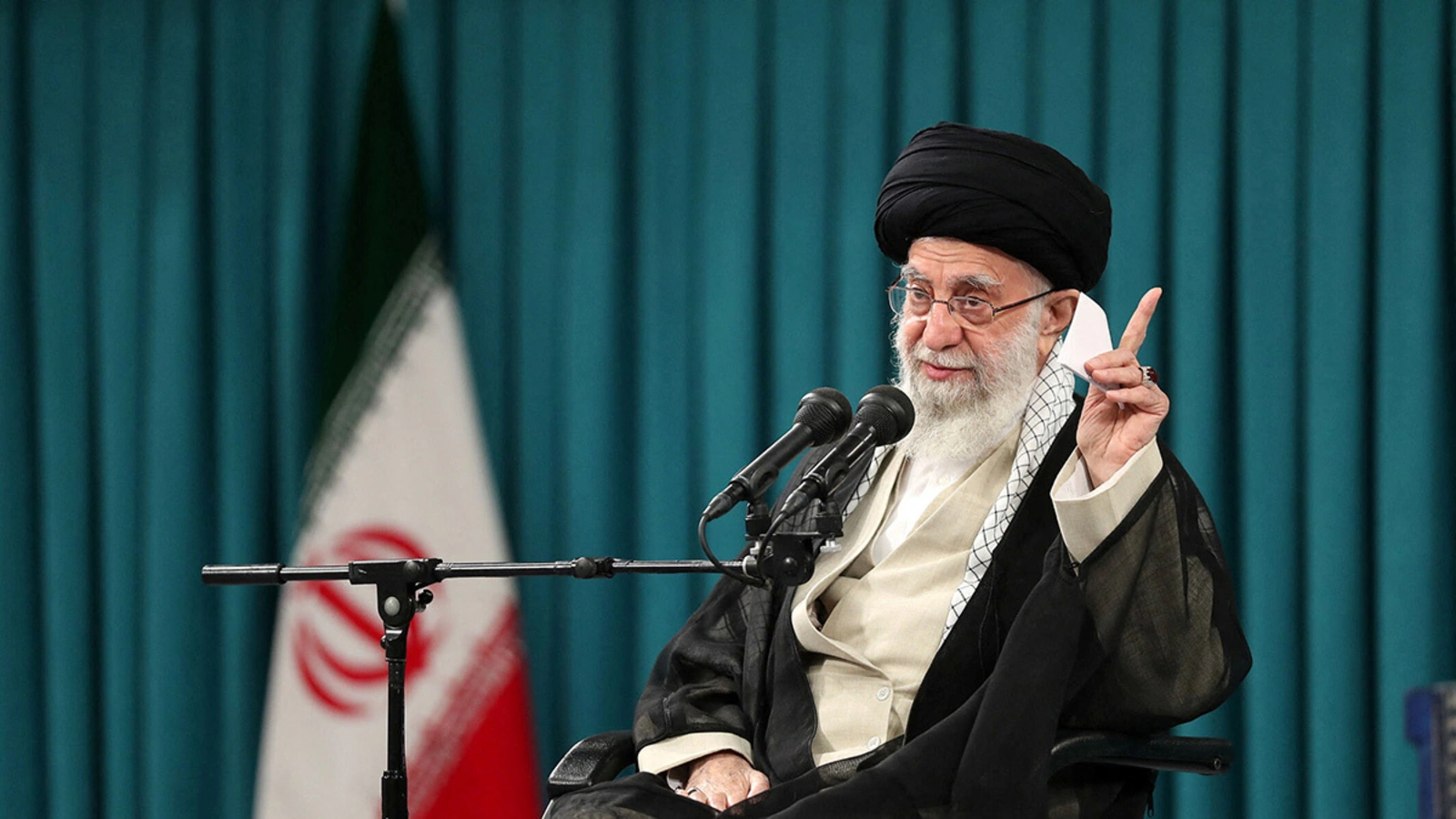Already a subscriber? Make sure to log into your account before viewing this content. You can access your account by hitting the “login” button on the top right corner. Still unable to see the content after signing in? Make sure your card on file is up-to-date.
Iran’s supreme leader has opened the door to renewing negotiations with the United States regarding Iran’s nuclear program.
What’s the deal: While speaking about their nuclear program, Ayatollah Ali Khamenei said, “We do not have to pin our hope to the enemy. For our plans, we should not wait for approval by the enemies.” He continued, “This does not mean that we cannot interact with the same enemy in certain situations. There is no harm in that, but do not place your hopes in them.”

Some background: The previous Iranian nuclear deal, known as the “Joint Comprehensive Plan of Action” (JCPOA), was brokered by Iran’s former President Hassan Rouhani and President Obama. The agreement was intended to stop Iran’s nuclear ambitions in return for lifting economic sanctions. However, in 2018, President Trump withdrew the US from the deal, arguing it was too lenient and failed to address Iran’s missile program or regional influence.

What Iran did after: Following the termination of the agreement, Iran openly began violating the deal’s terms, enriching uranium to 60% purity—near the 90% needed for a nuclear weapon. Now, Iran’s nuclear program is closer than ever to weapons-grade enrichment, sparking serious international concerns over its potential to build a nuclear bomb.
New leadership: Iran’s new president, Masoud Pezeshkian, a reformist and former lawmaker, took office after the death of hard-line President Ebrahim Raisi in a helicopter crash. Pezeshkian’s move to the presidency is a significant shift in Iranian politics, as he campaigned on the promise of reengaging with the West, especially through renewed nuclear negotiations. However, Ayatollah Ali Khamenei retains the final say on any nuclear deal with the US.






